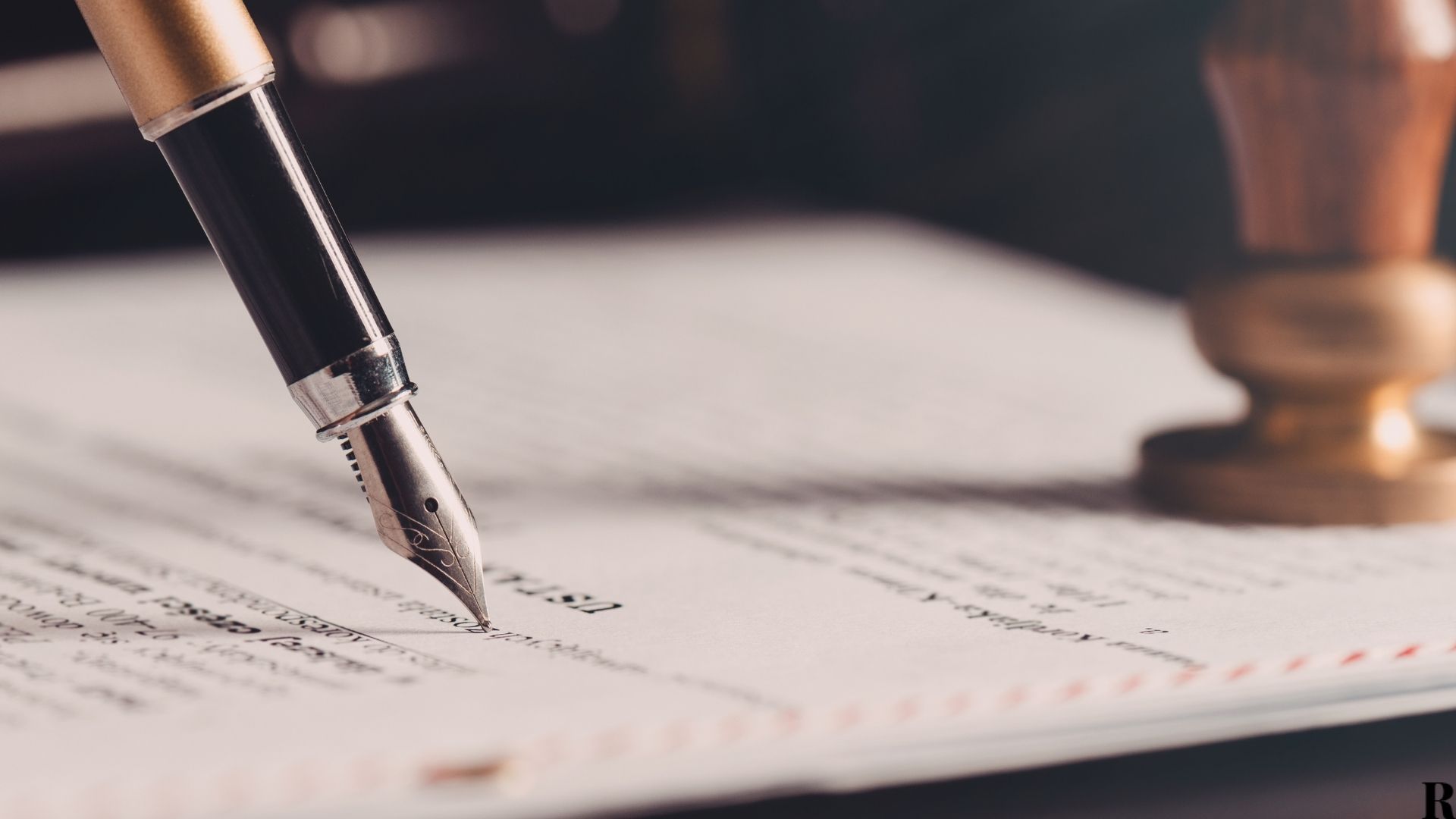Skilled Conveyancer: Promoting Smooth Realty Deals
Skilled Conveyancer: Promoting Smooth Realty Deals
Blog Article
Debunking Notarial Work: Streamlining the Function and Value of Notaries
Their function, usually shrouded in mystery for lots of, brings considerable weight in ensuring the validity and stability of critical records. By untangling the intricacies surrounding notarial practices and dropping light on the significance of their acts, a more clear understanding emerges of the crucial function notaries play in supporting the fabric of legal and lawful contracts.
The History of Notarial Job
The history of notarial work dates back to old human beings, where scribes played a critical function in recording important details and validating files. This led to the advancement of notaries, people assigned by the state to act as impartial witnesses in lawful matters.
Throughout the Center Ages, notaries gained prestige in Europe, with their features increasing to include preparing legal records, certifying signatures, and protecting documents. The surge of international trade better emphasized the importance of notarial operate in verifying contracts and agreements throughout boundaries.
In the modern era, notaries continue to play an important duty in legal and organization deals by confirming identities, verifying the credibility of records, and avoiding fraudulence. Their duty in accrediting the legitimacy of arrangements adds a layer of safety and security and depend the ever-evolving landscape of commerce and legislation.

Responsibilities and Obligations of Notaries
The historical evolution of notarial work from old civilizations to the modern-day age has shaped the distinct duties and duties that notaries promote in lawful and service transactions today. Notaries play an essential duty in validating the authenticity of documents and the identification of signatures. One of their primary duties is to witness the finalizing of crucial documents, such as deeds, wills, and agreements, to make certain that all parties are participating in agreements knowingly and willingly. Notaries likewise verify that signatories are of sound mind and not under discomfort or browbeating.
In addition, notaries are charged with carrying out oaths and affirmations, which are vital in legal process and the execution of affidavits. They accredit duplicates of initial files, giving assurance to organizations that the duplicates are real reproductions of the originals. Notaries must maintain accurate documents of all deals they supervise to make certain transparency and accountability. Generally, the tasks and obligations of notaries are crucial in safeguarding the stability and legitimacy of various records and purchases.
Notarial Certificates and Signatures
Exhibiting careful interest to detail, notarial certifications and signatures serve as essential components in validating the authenticity of legal papers. Notarial certifications typically consist of critical information such as the day of registration, the names of the notaries, a description of the document, and the notary's main seal. These certifications supply a clear record of the notarial act, making sure that the document can be easily identified and mapped back to the notary who supervised the procedure.
Trademarks play a critical duty in notarial job, as they indicate the contract and authorization of the events involved. Notaries carefully witness the signing of records to verify the identification of the signatures and validate that they are signing of their very own totally free will. By fastening their anchor official seal and signature to the record, notaries license that the required treatments have been complied with which the document is enforceable and valid.
In essence, notarial certifications and trademarks are the trademark of authenticity in legal purchases, providing assurance to all useful source celebrations involved that the records are genuine and binding.
Significance of Notarial Acts

Registration Refine Discussed
The notarization procedure normally begins with the specific presenting the file to a notary public. Once the identification is verified, the notary makes certain that the specific you can find out more signing the document does so voluntarily and without any threat.

Verdict

Notarial certificates generally have vital information such as the day of notarization, the names of the notaries, a summary of the record, and the notary's main seal. These certifications provide a clear document of the notarial act, ensuring that the file can be easily determined and mapped back to the notary who looked after the process.
By attaching their official seal and signature to the paper, notaries certify that the needed treatments have actually been adhered to and that the document is enforceable and legitimate.
By confirming the identification of the notaries, validating their readiness to enter into the agreement, and certifying the date and place of the signing, notaries play a critical function in supporting the credibility of lawful papers.After the document is signed, the notary will affix their main seal or stamp onto the file.
Report this page